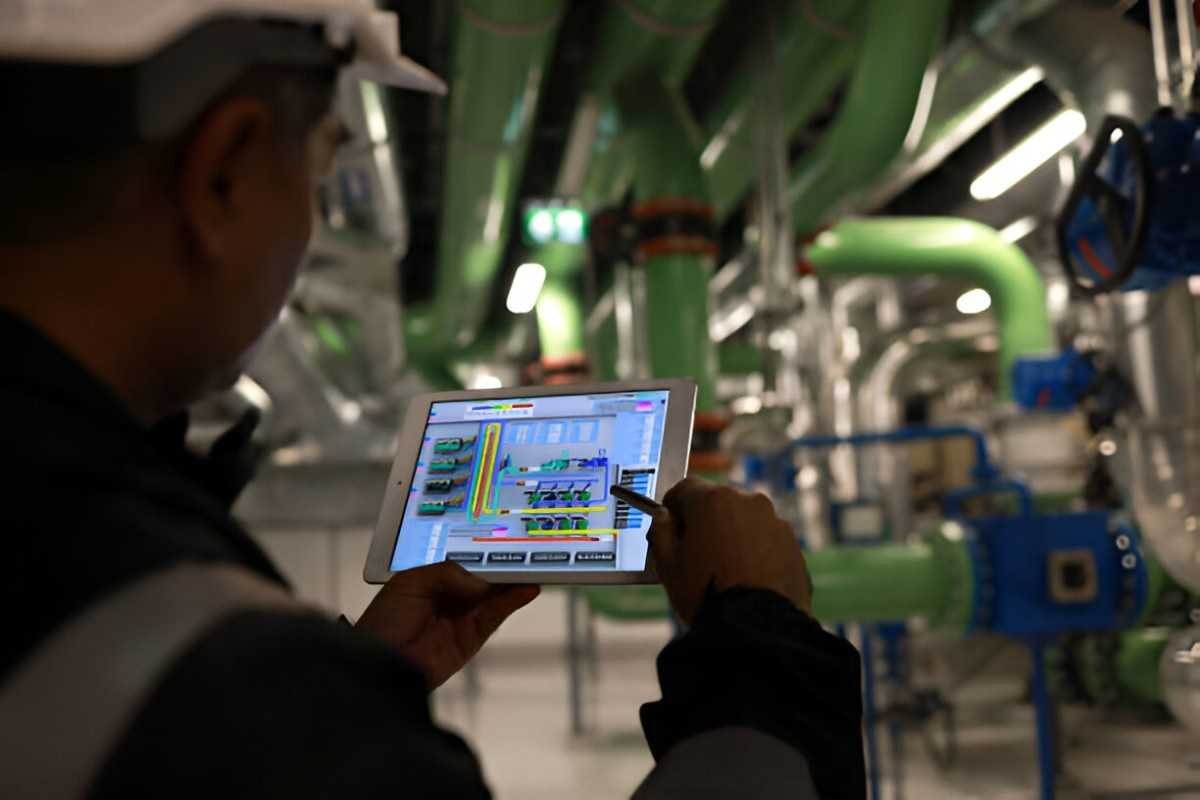A Flexible Manufacturing System (FMS) is a highly automated, computer-controlled system that can produce a variety of products. Unlike traditional manufacturing systems, which are designed to produce large quantities of a single product, an FMS can quickly adapt to produce different products with minimal downtime. This flexibility allows companies to respond rapidly to changes in market demand and customize products for different customers.
Table of Contents
Key Features of FMS
- Automation: FMS relies heavily on automation to control machinery, materials handling, and production processes. This reduces the need for human intervention and increases efficiency.
- Flexibility: The main feature of FMS is its ability to handle various products. It can switch from making one product to another with minimal reconfiguration time.
- Computer Control: Computers are used to manage the entire manufacturing process, from scheduling production runs to controlling the machinery. This ensures precision and consistency.
- Integration: FMS integrates different manufacturing processes into a single system. This can include machining, assembly, and inspection processes, all controlled through a central computer.
How Does FMS Work?
Components of an FMS
An FMS typically includes several key components:
- Workstations: These are the individual machines or equipment where the actual manufacturing tasks are performed. Examples include CNC machines, robotic arms, and assembly lines.
- Material Handling System: This system moves materials and products between workstations. It includes conveyors, automated guided vehicles (AGVs), and robotic handlers.
- Central Control System: This computer system coordinates all activities within the FMS. It schedules tasks, monitors progress, and ensures everything runs smoothly.
- Storage System: This is where raw materials, work-in-progress, and finished products are stored. Automated storage and retrieval systems (AS/RS) are often used to manage inventory efficiently.
Example of FMS in Action
Imagine a factory that produces both car engines and motorcycle engines. With a traditional manufacturing system, the factory would need separate production lines for each type of engine, leading to high costs and inflexibility.
With an FMS, the same factory can use the same set of machines to produce both types of engines. When the market demand shifts, the factory can quickly switch production from car engines to motorcycle engines without significant downtime or retooling. This flexibility helps the factory to maximize efficiency and reduce costs.
Benefits of Flexible Manufacturing Systems
Cost Savings
- Reduced Labor Costs: Automation reduces the need for manual labor, lowering labor costs.
- Lower Inventory Costs: With just-in-time production, FMS minimizes the need for large inventories, reducing storage costs.
- Reduced Downtime: The ability to quickly switch between products means less downtime and more productive use of machinery.
Improved Efficiency
- Higher Productivity: Automation and computer control lead to faster production rates and higher output.
- Consistent Quality: Computer control ensures that each product meets the same quality standards, reducing defects and rework.
Increased Flexibility
- Adaptability: FMS can quickly adapt to new product designs or changes in demand, allowing companies to respond faster to market changes.
- Customization: Companies can produce customized products without the need for separate production lines, offering more options to customers.
Challenges of Implementing FMS
High Initial Investment
Setting up an FMS requires a significant upfront investment in technology, machinery, and software. This can be a barrier for small and medium-sized businesses.
Complexity
Managing and maintaining an FMS can be complex. It requires skilled personnel to operate and troubleshoot the system.
Technological Dependence
Relying heavily on technology means that any technical issues can disrupt production. Companies need robust maintenance and support systems to ensure continuous operation.
Conclusion
Flexible Manufacturing Systems represent a significant advancement in manufacturing technology. By combining automation, computer control, and flexibility, FMS allows companies to produce a variety of products efficiently and cost-effectively. While there are challenges to implementing FMS, the benefits in terms of cost savings, efficiency, and adaptability make it a valuable investment for modern manufacturing.





